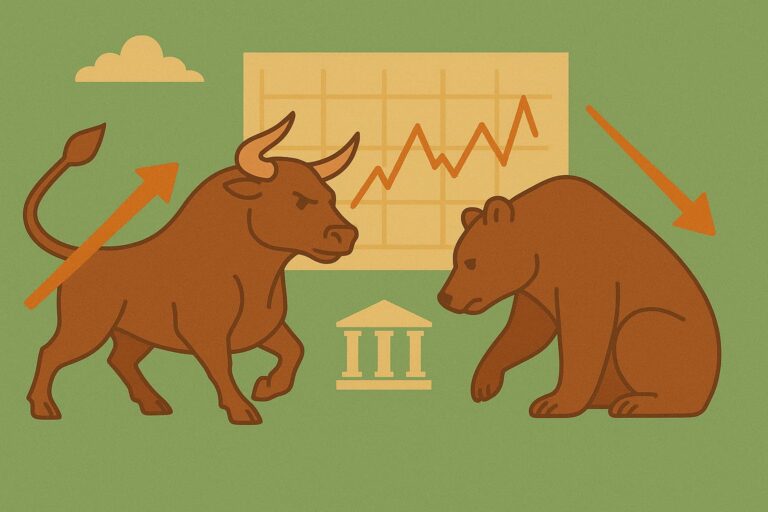For investors, choosing the right investment vehicle can make a big difference in long-term results. Two of the most popular options are exchange-traded funds (ETFs) and mutual funds. Both allow you to diversify your portfolio across multiple securities, but they work in different ways. Understanding their features, advantages, and drawbacks can help you decide which fits your investment goals.
What Are ETFs?
ETFs are investment funds that trade on stock exchanges, much like individual stocks. They typically track an index, sector, or asset class, providing instant diversification at a relatively low cost.
Advantages of ETFs:
- Trade throughout the day at market prices
- Generally lower fees compared to mutual funds
- Tax-efficient structure, minimizing capital gains distributions
- Wide variety, from broad market indexes to niche sectors
Potential Drawbacks:
- May involve brokerage fees when buying or selling
- Prices fluctuate intraday, which can tempt short-term trading
What Are Mutual Funds?
Mutual funds pool money from many investors to buy a diversified portfolio of stocks, bonds, or other assets. Unlike ETFs, mutual funds are priced once a day after markets close.
Advantages of Mutual Funds:
- Professionally managed, often with active strategies
- No need to monitor intraday price movements
- Suitable for long-term, hands-off investors
Potential Drawbacks:
- Higher expense ratios and management fees
- Less tax-efficient than ETFs
- Limited flexibility, as trades execute only once daily
Key Differences at a Glance
- Trading: ETFs trade intraday; mutual funds trade once daily
- Costs: ETFs usually have lower expense ratios; mutual funds often charge higher fees
- Management Style: ETFs are mostly passive; mutual funds can be actively managed
- Tax Efficiency: ETFs are typically more tax-efficient
Which One Should You Choose?
Your choice depends on your investing style and goals:
- If you want low-cost, flexible, and tax-efficient investments, ETFs may be the better option.
- If you prefer professional management and a long-term, hands-off approach, mutual funds could be a good fit.
- Many investors use a combination of both—ETFs for broad market exposure and mutual funds for specific actively managed strategies.
Final Thoughts
Both ETFs and mutual funds are powerful tools for building wealth. By understanding how they differ, you can choose the one that best aligns with your financial objectives and investment strategy.





